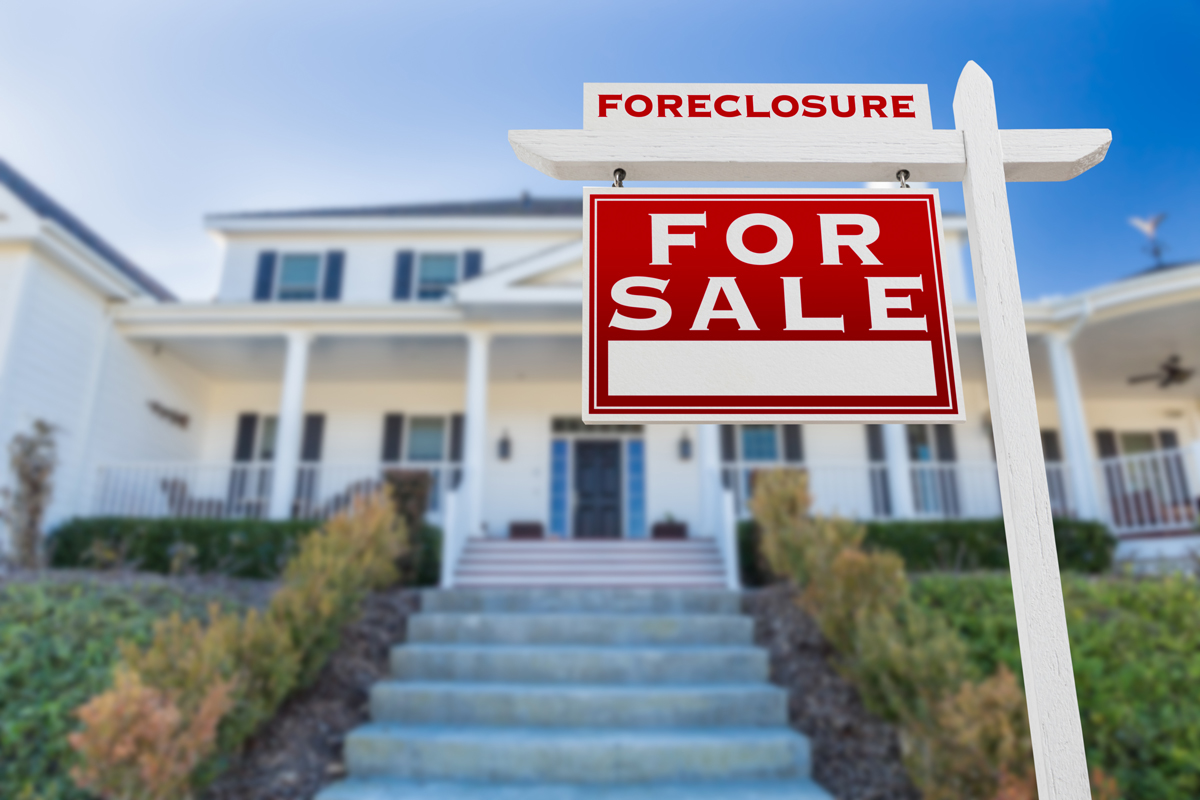The COVID-19 public health crisis brought with it a host of changes and a significant increase in stress. Unemployment soared. People unable to make their mortgage payments sought relief in lenders’ forbearance programs. In fact, mortgage delinquencies actually fell during the height of the COVID-19 public health emergency because people enrolled in mortgage forbearance plans to protect their homes. But what happens when the forbearance ends? That’s what we’ll look at in this article.
What Is a Mortgage Forbearance?
When you cannot make payments on a loan, your lender might offer some relief in the form of a forbearance plan. The details vary from lender to lender. Many federally-backed loans expanded mortgage forbearance programs because of the widespread economic difficulties borrowers faced because of the COVID-19 pandemic.
For example, loans backed by Fannie Mae, Freddie Mac, or other federal programs offered COVID hardship forbearances and also temporarily halted foreclosures. Many homeowners faced with losing their homes enrolled in these programs.
However, private lenders also jumped on the forbearance bandwagon. For many, it’s simply more cost-effective to give borrowers more time than to seize homes and sell them as foreclosures.
Borrowers who took advantage of mortgage forbearance plans will have to take care of missed payments when the forbearance ends. How this happens depends on the type of program they used.
How Are Missed Payments Handled?
Let’s look at how missed payments are treated for the most common types of mortgage forbearance programs:
- Repayment plans. When the forbearance ends, borrowers can pay extra with each mortgage payment until the amount missed during forbearance is paid in full.
- Deferral or partial claim. This plan allows borrowers to resume normal mortgage payments when the forbearance ends. Missed payments could be tacked onto the end of the loan. Another possibility is that the lender may use a subordinate lien and get the missing mortgage payments back when the borrower refinances or terminates the mortgage or sells the property.
- Modifications. Some borrowers might need a loan modification to lower their monthly payments. The lender then adds the total of the missed payments to the loan, which usually extends the life of the loan.
- Reinstatements. This plan allows borrowers to pay the missed payments in a lump sum when the forbearance ends.
People sometimes reach the end of a mortgage forbearance plan with no improvement in their overall financial health. If they cannot comply with the mortgage forbearance plan, they might find that bankruptcy helps them get back on their feet.
Could Bankruptcy Be an Option When the Forbearance Ends?
Talk to a North Carolina bankruptcy attorney to learn more about your options.
Attorney Leslie Craft has the experience you need to deal with bankruptcy and traffic violations. Ms. Craft’s goal is always to help her clients get past their legal problems and get on with their lives. Consultations are free and only take about 30 – 45 minutes of your time. Your options may surprise and even excite you!
To schedule a free personal consultation, call Craft Law Offices at (252) 752-0297 or email us at lesliecraftlaw@gmail.com. My offices are located in Greenville, Morehead City, and Rocky Mount for your convenience. I also represent clients in surrounding Eastern North Carolina communities, including Warrenton, Elizabeth City, Roanoke Rapids, Goldsboro, and Jacksonville.
Bankruptcy Doesn’t Have to Be a Painful Process.



